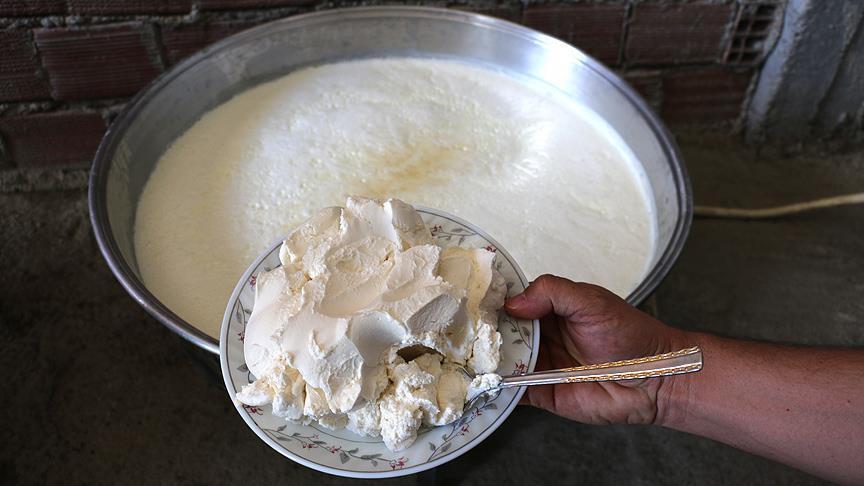Probiotics are live microorganisms that, when administered in adequate amounts, confer a health benefit on the host (e.g., human). The term is derived from the Greek phrase pro bios, meaning "for life." Probiotics mostly consist of bacteria naturally found in the human digestive system, living in a symbiotic relationship with the body. These microorganisms play a role in balancing the gut microbiota, regulating digestive functions, and supporting the immune system, directly linked to human health.

Probiotic (Anadolu Agency)
Main Types of Probiotics
Probiotic microorganisms are generally divided into three main groups:
Lactobacilli (Lactobacillus spp.)
They are primarily located in the small intestine. By producing lactic acid, they lower the intestinal pH, preventing the proliferation of harmful bacteria.
Bifidobacteria (Bifidobacterium spp.)
They are abundantly found in the large intestine. They are effective in the production of B vitamins and the absorption of nutrients.
Enterococci (Enterococcus spp.)
These bacteria, naturally present in the digestive system, have regulatory effects on the immune system. These microorganisms may also include yeast species; however, the term probiotic is generally defined based on beneficial bacterial species.
Effects on Health
The effects of probiotics on health are being investigated through scientific studies, and they have been determined to play a role in various physiological functions. These effects are classified below:
- Elimination of toxic substances: They help remove harmful compounds entering the body through food by binding them to the intestines.
- Regulation of bowel movements: They contribute to alleviating defecation problems, especially constipation.
- Reduction of bad breath: Through their effects on oral and gut flora, they can help prevent the formation of bad odors.
- Support for the immune system: They support the immune system's natural defense mechanisms by preventing the proliferation of harmful bacteria.
- Post-antibiotic flora regulation: They contribute to the rebalancing of the gut microbiota damaged by antibiotic use.
- Vitamin synthesis and absorption: They play a role in the synthesis and intestinal absorption of B-group vitamins and vitamin K.
- Increased calcium absorption: They help maintain bone mineral density by increasing calcium absorption from the intestines. This has the potential to reduce the risk of osteoporosis (bone loss).
- Suppression of infectious agents: They can slow down the development of infections by preventing the proliferation of harmful microorganisms. They are particularly effective against urinary tract infections and traveler's diarrhea caused by bacteria such as Escherichia coli (E. coli).
- Regulation of allergic responses: It is suggested that they may play a role in reducing allergy-related symptoms.
- Support for skin appearance: Various studies have reported that they can show positive effects on skin health.
Natural Probiotic Sources
Probiotics are microorganisms that can be naturally obtained through food. The following foods are rich in probiotics:
- Homemade yogurt
- Kefir
- Fermented pickles
- Turnip juice
- Pomegranate molasses (fermented types)
- Vinegar (natural fermentation product)
- Boza
These products exhibit probiotic properties as long as they contain live and active microorganisms. However, for this effect to be preserved, they must not have been subjected to processes such as pasteurization. Additionally, production conditions must be hygienic, and appropriate temperature values must be maintained.


